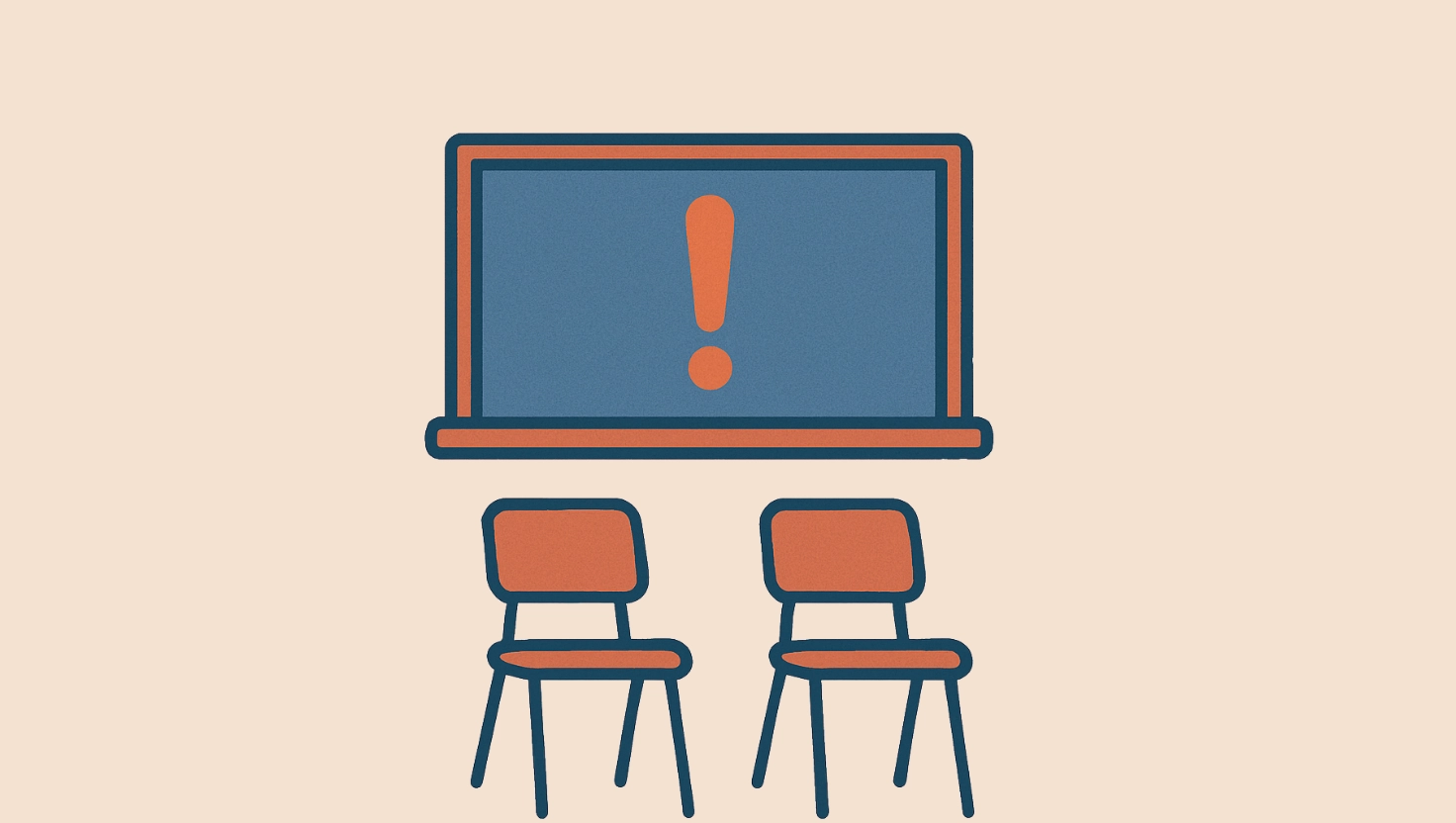Questions to Consider Regarding the Purpose of Bills Like S78 and S79
There are many reasons for the poor condition of public education today, including a shortage of teachers. But throwing more money at teachers is not likely to improve public education. Let’s look further.
From a broad historical perspective, those who could skillfully and properly teach and nurture young minds, or even debate and stimulate thinking among adults (think Socrates), were generally given respect and appreciated for their intelligence, service, and value. A high number of adults over the ages have looked back upon their formative or school years and remembered a teacher, or even more than one, who made a special impact on their lives. Communities sought good teachers and generally supported them fairly, treating them as valuable assets.
Things have changed. Fewer teachers receive that kind of respect in today’s world, despite public efforts to recognize them. There are many reasons for this change, not least of which is the kind of atmosphere created in many classrooms and the activism exhibited by more and more educators today. Another, sadly, is lowered standards, not just in teacher training and competence, but in the consequent attempts to camouflage poor outcomes from public school classrooms (as well as in a shocking number of other educational options)in part because overall standards, expectations, and acknowledgement of human development and individual differences have dramatically eroded over the last 70+ years. Despite many factors contributing to the poor outcomes from education in America today, lack of consistent teacher competence cannot be overlooked as part of the problem.
In looking at these two pieces of legislation, it might be prudent to ask what is prompting such laws at this time? The whole field of teaching is being opened to entice and allow those with alternative work experience or expertise to be hired to teach in public schools. Potential teachers are being given special concessions to fill an apparent need across the board.
One might be persuaded by arguments that teacher shortages have gotten so bad we MUST have some laws to untangle our problems. However, these two laws are also examples of the reality that too many of our problems are dealt with by trying to control symptoms of underlying conditions that are being ignored or concealed.
In other words, why is there no effective effort to address the problems within schools that are causing shortages and the attrition of teachers? The legitimate reasons for this will not be resolved simply by more money and more loopholes for hiring teachers. Our State Department of Education could be addressing these factors by addressing disastrous flaws in the “system,” instead of simply creating more laws that actually make the predicament more difficult to address. Alas, actually trying to improve the system does not seem to be a primary goal for the State.
For those who continue to insist on perpetuating a bad idea (universal, compulsory government education), teacher shortages in education are alarming for those who would prefer to keep class sizes under control, enable teachers to have manageable duties and time to fulfill their primary obligations, set rational guidelines for student placements and behavioral issues, and a number of other considerations that might be making public education a less than desirable employment option. Over recent decades, the scope of a teacher’s responsibilities has expanded far beyond simply teaching. As parents have turned over their responsibilities to schools, many of these responsibilities fall on teachers—and the growing plethora of other “professionals” now being regarded as essential in a school building.
Shortage areas have plagued education for decades, particularly in math, science, and special education, which are areas with more unique requirements for teacher competence than traditional elementary level classrooms. Unfortunately, with practices like mainstreaming and the interference by a variety of “helpful” specialists like social workers, psychologists, therapists and others, a traditional classroom is rare in most schools.
In addition, it is a bit concerning that legislators take upon themselves the arrogance of thinking they can or should be making critical decisions and codifying laws covering areas in which few, if any, of them have any real expertise. The fact that legislators rely on the State Department of Education and groups who draft legislation with a variety of hidden agendas and pander to special interests, does not give credibility to this incessant drive to place every decision and action under the purview of state-level control.
It almost seems like the South Carolina legislature takes upon itself a vast amount of control and definition of specific employment and hiring practices. This is clearly evident in these two bills, which happen to deal with public education personnel. The close interdependence and collusion between the State Department of Education and the state legislature should be a reason for some discomfort about the ease with which many DOE requests are easily fulfilled by legislators.
It is interesting to consider that, during times of economic or social uncertainties in the past, selected government jobs, such as teaching in the government schools or even joining the military (which does have some dangerous aspects), have been considered to be secure and stable places to weather insecurities about financial and social stability. Apparently financial and social instability in South Carolina is not sufficient or evident enough to lure enough job seekers into government schools at this time. More enticements are being devised. (Just a thought.)
Clearly, it is becoming more and more difficult to find qualified and willing employable certified teachers. However, no one cares to question WHY that might be the case. Obviously if there were a glut of certified teachers vying for available positions, these bills could be superfluous and threatening to those who desire to be teachers. It is questionable if that these kinds of monetary incentives would be considered, given the power of teacher organizations, were the situation not serious. However, teacher organizations do not want anyone taking a critical look at what is really going on in classrooms today.
Unfortunately there seems to be little or no mention of looking at the problems that might be inherent, or now well-embedded, in public education that are making teaching in this system less attractive. Legislators know only one recourse and one remedy—write some laws and spend some money. The State Department of Education has little incentive or interest in trying to address these problems, so its cozy relationship with the legislature, which does its bidding pretty much without question, leaves a plethora of problems that are being ignored.
Our State Department of Education could be addressing these factors by addressing the disastrous flaws in the “system,” instead of simply creating more laws that actually make the predicament more difficult to address. Alas, that does not seem to be a primary goal for the State. What are some of these problems? So many mistakes are being incorporated into educational practices and then legislated into law, it is mind-boggling.
Two of these problems include behavioral issues in classrooms and the increasingly impossible role of teachers—expanded over decades to include the common expectation that they are “in loco parentis.” Teachers must be behavioral managers, are constantly interrupted by special education interventions and requirements, act as social workers, confidants, and watchers (to report any suspected abuse, inappropriate parental interference, as with gender identity), and also teach a meaningful curriculum (if there is any such thing nowadays)—while also being subject to critical reviews, more “professional development,” carefully watching how they speak and act in order not to enrage social and cultural change agents running schools today—to name just a few responsibilities and minefields they must navigate.
Of course some of these changes fit right into the woke ideology that is rampant in our schools and ineffectively acknowledged by occasional pieces of legislation (not likely to make a significant impact, but wonderful for PR purposes). Many teachers, more and more recent college graduates, glory in opportunities to re-shape society provided in their classrooms today. But many “woke” changes are what are driving teachers out of the classrooms.
Without question public education is a mess. And equally true is the reality that almost every other educational option is beset by similar problems—whether the dumbing down of materials, the concessions made to changes in cultural and social norms even by what were once publishers of sound Christian materials, or the challenges of presenting alternative standards and thoughts that conflict with today’s moral and social decline, which may alienate young people from one another and cause discomfort or confusion about how to live and behave. As human beings, we are at a dangerous tipping point. A lot more honesty, courage and integrity is going to be needed to keep all of us from being coerced and guided into going over the cliff.
Disclaimer: The views expressed in this article are those of the author and do not constitute legal or professional advice. ConservaTruth assumes no liability for any actions taken based on this content. Read more.

Subscribe to ConservaTruth's Email Newsletter for curated insights on South Carolina's legislative activities and conservative viewpoints, delivered straight to your inbox! With vetted and easy-to-understand information, our newsletter empowers you to become an informed and engaged citizen, actively participating in safeguarding our cherished Constitutional values. Don’t miss out on crucial updates—join our community of informed conservatives today.





Comments